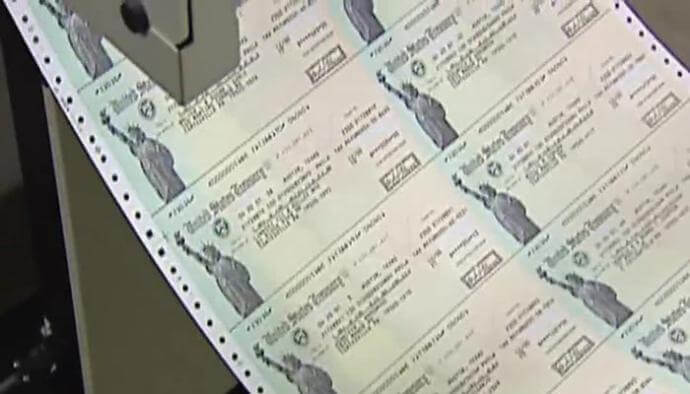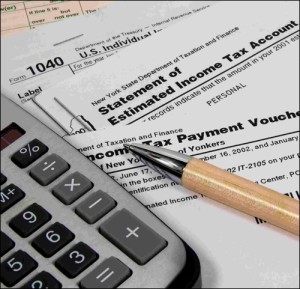In late December, President Trump signed into law the $900 billion stimulus bill, a second round of bailout for the American people suffering through this pandemic. This bill provides for stimulus payments of $600 subject to income phaseouts of $75,000 single and married filing separately (MFS), $112,500 head of household, and $150,000 married filing joint. The phaseouts will be based on 2019 income. $500 will also be paid out for dependents under the age of 17.
Stimulus checks and direct deposits began flowing to Americans on Wednesday, December 30.
The IRS is recalibrating its website to allow those who have had address changes or did not file tax returns for 2019 to provide their contact data for receipt of their checks.
The other provisions in this bill are as follows:
- Allowing the deduction of business expenses paid for with forgiven Paycheck Protection Program loans. This is a biggie for anyone who received the PPP loan for their small business. Initially, the deductions claimed against the PPP income were not to be allowed. This new provision will save small business owners thousands of dollars in taxes.
- Extension of the special charitable contribution provisions enacted for 2020 through 2021. If you do not itemize deductions, you will be able to write off $300 (single and MFS) or $600 (married filing joint)
- Restoration of the 100 percent business meals deduction for meals purchased in a restaurant for two years to help the restaurant industry. Normally, only 50% of the expense is deductible. This deduction does not apply to 2020 but to 2021 and 2022 tax years
- Allowing COVID-19-related expenses to qualify for the above-the-line educator expense deduction.
- Clarification that certain financial aid received by college students and forgiveness of Economic Injury Disaster Loans to small businesses are excluded from income,
- Extension of the credit for paid sick and family leave enacted as part of the Families First Coronavirus Response Act through March 31, 2021.
- Extension of the employee retention credit through June 30, 2021.
- Extension of the time allotted for repayment of employee Social Security taxes deferred under a presidential memorandum through the end of 2021.
- Extension of ability to take penalty-free distributions or loans of up to $100,000 from a retirement plan.
- A new round of PPP lending will soon be available for businesses with fewer than 300 employees, less than $2 million in revenue, and whose gross receipts are 25% lower than in 2019.
Naturally, there are caveats, exceptions, special circumstances, and other complications involved in all of the above. If you have questions, please consult your tax advisor, or call my office for more information.
The IRS predicts a normal tax season this year with the due date of April 15 and extensions allowed for filing to October 15 for individual returns. Corporate and partnership returns are due on March 15. REMEMBER: the extension is for additional time to file, not additional time to pay. Your taxes must be paid by the initial due date and if they are not yet filed, you must estimate your liability and pay it with the extension form.
Many of you collected unemployment during 2020. Bear in mind that this is taxable income that must be reported on your 2020 income tax return.
The big question is whether or not Congress will pass the bill to increase the stimulus payments to $2,000.
We are hopeful for a healthy, happy, and prosperous New Year for us all. And I believe there is every reason for optimism.




Be First to Comment